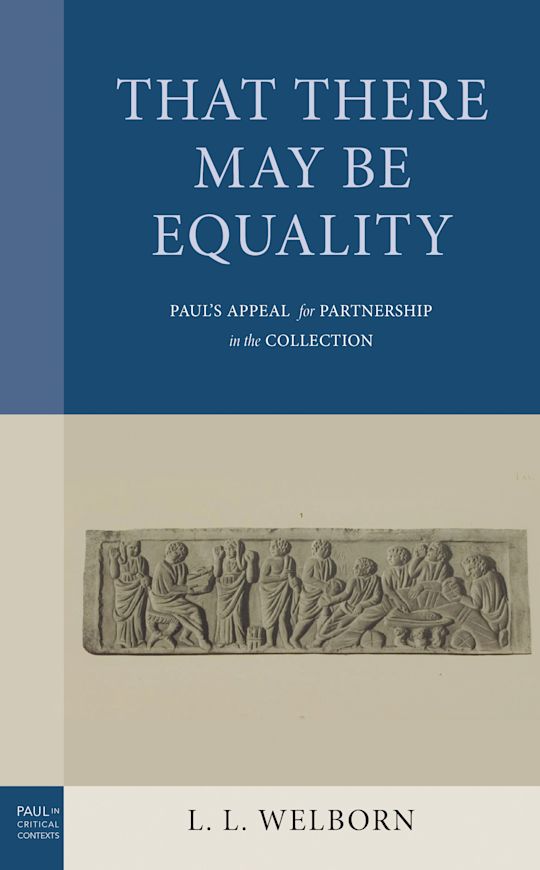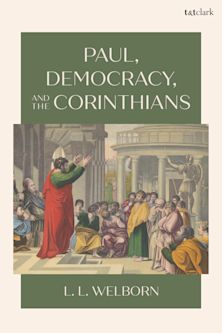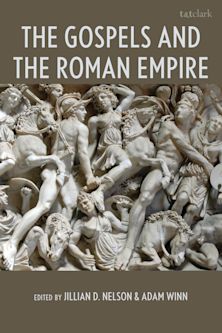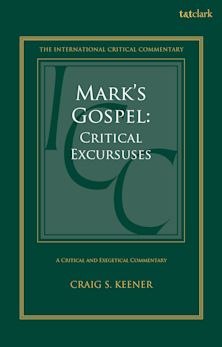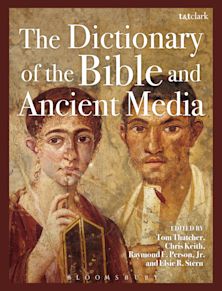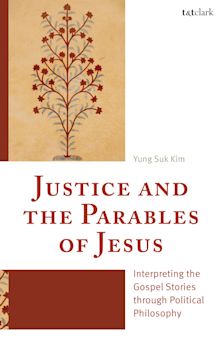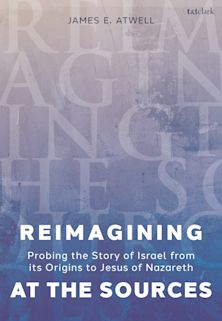- Home
- ACADEMIC
- Biblical Studies
- New Testament
- That There May Be Equality
That There May Be Equality
Paul's Appeal for Partnership in the Collection
That There May Be Equality
Paul's Appeal for Partnership in the Collection
You must sign in to add this item to your wishlist. Please sign in or create an account
Description
In the context of growing inequality in the twenty-first century, That There May Be Equality seeks to give new audibility to Paul’s appeal to the principle of “equality” in the collection for the poor. L.L. Welborn traces the history of the concept of “equality” in Greek history in order to convey the potency of the idea which Paul invokes. He analyzes the structural inequality of the Roman economy, particularly that of Roman Corinth, and traces the emergence of Paul’s concern about inequality in the ekklesia of Christ believers at Corinth. Welborn then analyzes Paul’s invocation of the principle of “equality” in his appeal for partnership in the collection for the poor in 2 Corinthians 8 and 9, bringing Paul’s appeal to “equality” into the present-day crisis of global inequality.
Table of Contents
Chapter 1: Obstacles to a Retrieval of Paul's Idea
Chapter 2: The Provenance and History of the Idea of “Equality”
Chapter 3: Inequality in the Roman Empire
Chapter 4: Inequality in Roman Corinth
Chapter 5: The Emergence of Paul's Concern about Inequality
Chapter 6: Paul's Appeal to “Equality” in the Collection for the Poor
Epilogue: The Future of Paul's Idea?
Product details
| Published | Aug 15 2023 |
|---|---|
| Format | Ebook (Epub & Mobi) |
| Edition | 1st |
| Extent | 424 |
| ISBN | 9781978716247 |
| Imprint | Fortress Academic |
| Series | Paul in Critical Contexts |
| Publisher | Bloomsbury Publishing |
About the contributors
Reviews
-
Larry L. Welborn combines an extraordinary breadth of knowledge of the Roman world; keen exegetical sense of Paul’s letter; and penetrating insight into our contemporary tolerance for inequality to bring us a startling vision of the possible. This is a vitally important book.
Neil Elliott, author of Liberating Paul and The Arrogance of Nations
-
Many would probably agree that rampant economic inequality constitutes one of the most pressing global problems today. Few, however, would turn to the apostle Paul for inspiration on how to overcome the seemingly unbridgeable gap between those who enjoy abundance and those who suffer lack. Larry Welborn’s brilliant study on the collection for the poor in Jerusalem does exactly that. By placing Paul among modern and ancient philosophical thinking on equality, and with a strong focus on the social struggles in Roman imperial Corinth, Welborn shows how Paul advocates equality as ground and goal for the early Christ communities. A very well-written powerful book that will lead Pauline scholarship into new directions.
Angela Standhartinger, University of Marburg
-
Welborn’s retrieval of Paul’s collection as a messianic manifesto of equality is a scholarly and political tour de force. At a time of peril when the future of humanity is at stake it lights the spark of hope and transformation, adding a major contribution to the emerging curriculum of a new Pauline literacy.
Brigitte Kahl, Union Theological Seminary New York
-
Larry Welborn’s That There May Be Equality is a major academic work on the Pauline collection project, one of the most important early Christian institutions, normally understood as having only ecclesiological, ecumenical and eschatological consequences. Welborn understands Paul’s appeal for partnership in the collection as based upon “equality,” aiming at sharing the surplus with the needy of society. Retrieving Paul’s idea, Welborn carries further all previous studies on the subject, focusing also on early Christian efforts to implement this ideal, in order to keep alive the hope for our perilous moment, against all contemporary obstacles of the unjust global economic system.
Petros Vassiliadis, Aristotle University of Thessaloniki, emeritus
-
Welborn traces the history of the contested value of “equality” in the Greek world back to the birth of democracy in fifth century Athens, and then exposes inequality in the Roman empire, particularly in Corinth. Based on numerous inscriptions and literary references, Welborn interprets the divisions at the Lord’s Supper, leadership, membership, and finances of the Corinthian Christ believers. It is the most insightful, plausible, exciting account of these aspects of the Corinthian correspondence that I have ever read. This book is the new Wayne Meeks, First Urban Christians.
David L. Balch, Pacific Lutheran Theological Seminary, emeritus
-
Radical equality is today a global dream whose impossibility seems every day to grow more obvious to our politicians and pundits. In this culture of domination Welborn’s deep research reveals a Paul who, with a simple oracle drawn from the Exodus story, explodes the lie of necessary inequality and calls us forward into the only divine future in store for anyone, a future in which we approach each other as equals, as free. How we cope with the apostle’s oracle may well determine whether the future of Christianity is divinely liberating or whether our addiction to inequalities will lead it—and all of us—back to slaveries we should have left behind.
Ward Blanton, author of Materialism for the Masses: Saint Paul and the Philosophy of Undying Life

ONLINE RESOURCES
Bloomsbury Collections
This book is available on Bloomsbury Collections where your library has access.









